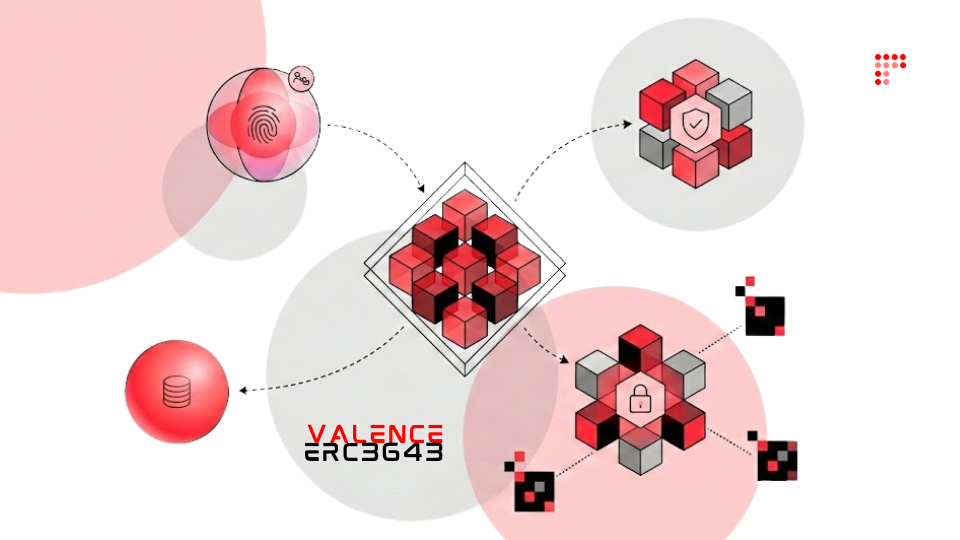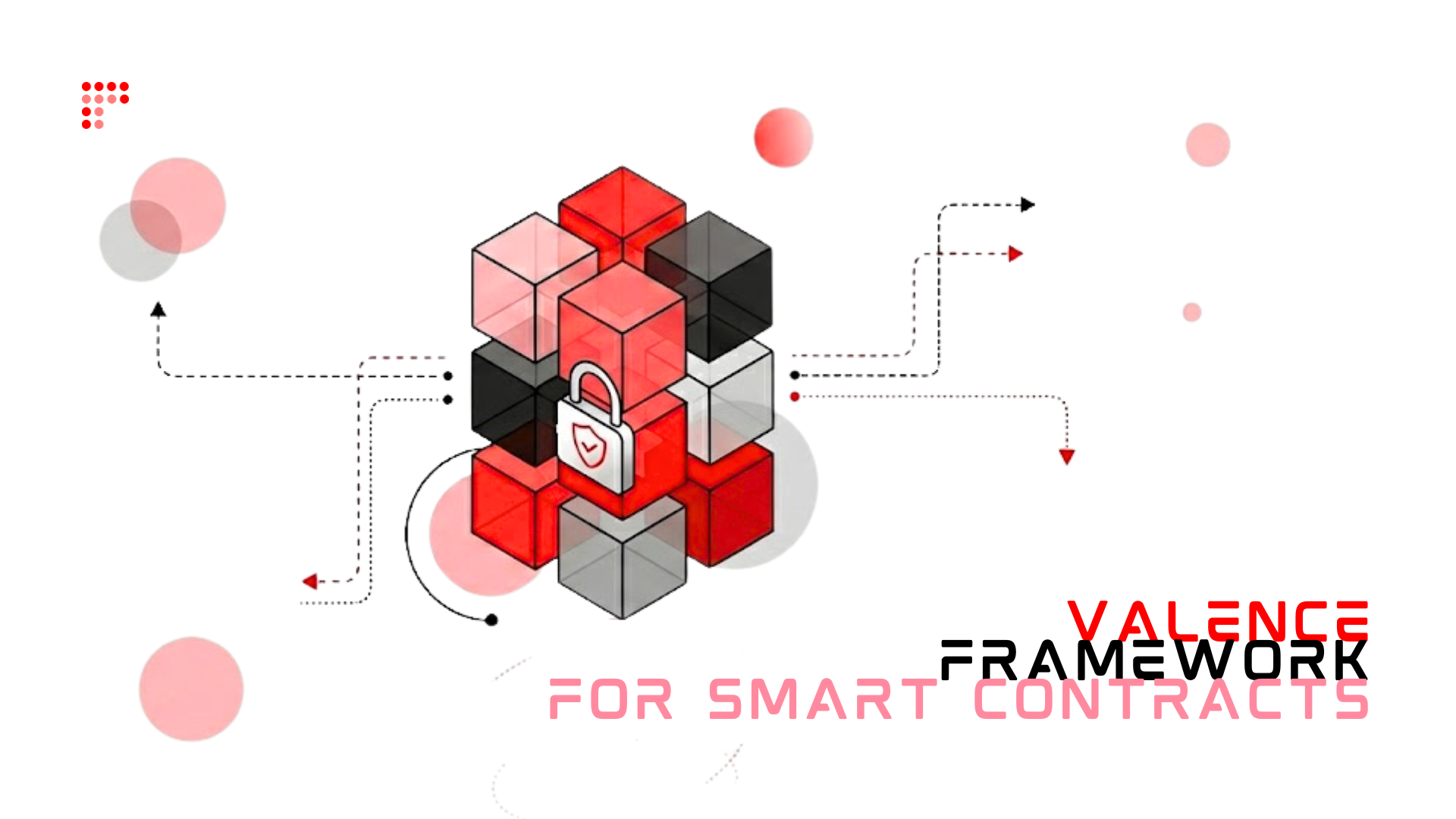Web3 has the potential to lead once-in-a-lifetime paradigm shift in how technology, markets, and capital interact. At the present time, however, this potential remains untapped, hindered largely by the functional scalability challenge.
The Functional Scalability Challenge
Encompassing flexibility, modularity, interoperability, composability, reliability, and built-in security, governance and compliance, functional scalability turbocharges the development and adoption of large-scale, sophisticated blockchain applications. Realizing significant societal impact by these apps heavily depends on overcoming the scalability limitations inherent in smart contracts.
Though Web3 has engendered much excitement among corporations and financial institutions, most still struggle to pull together business-ready projects and drive value from this endeavor. Meanwhile, though it may also be tempting to chip “simple” apps to validate the market, the lack of functional scalability can quickly punish this approach as the cost of market validation piles up.
Package-Oriented Web3 Framework
To tackle the functional scalability challenge, we have devised the industry’s first open-source package-oriented Web3 framework that empowers builders with fast and low-cost tools to build functionally scalable Web3 apps.
The package oriented Web3 framework implements modularity. It breaks down the Web3 application into smaller, more manageable packages, which in turn consist of (often composable and reusable) smart contracts. These packages and smart contracts are independently maintainable and upgradable.
Smart Contract Hubs
Packages in such a framework can encompass a wide range of components, including on-chain elements, off-chain oracles, and multi-chain components, etc. Packages can be made either private or public.
Private packages can be developed by internal teams of the project builder or by an external contractor. Public packages can also be made by either internal or external developers; the difference lies in the choice to make them publicly available to future builders. A valid option is to make public packages open-source, too.
FeverTokens' smart contract hub can be the central piece in building the ecosystem for the Web3 framework. Such a hub functions as a global marketplace of packages. It will support not only packages offered by the developers of the framework but also public as well as private packages.
---
To elucidate these ideas further and to provide a detailed introduction to our growing ecosystem, we have drafted a Yellow Paper that will be published later this month. Meanwhile, a short preview is available for download as an appetizer.

- © 2025 FeverTokens
- 38 rue Jean-Mermoz, 75008, Paris, France



